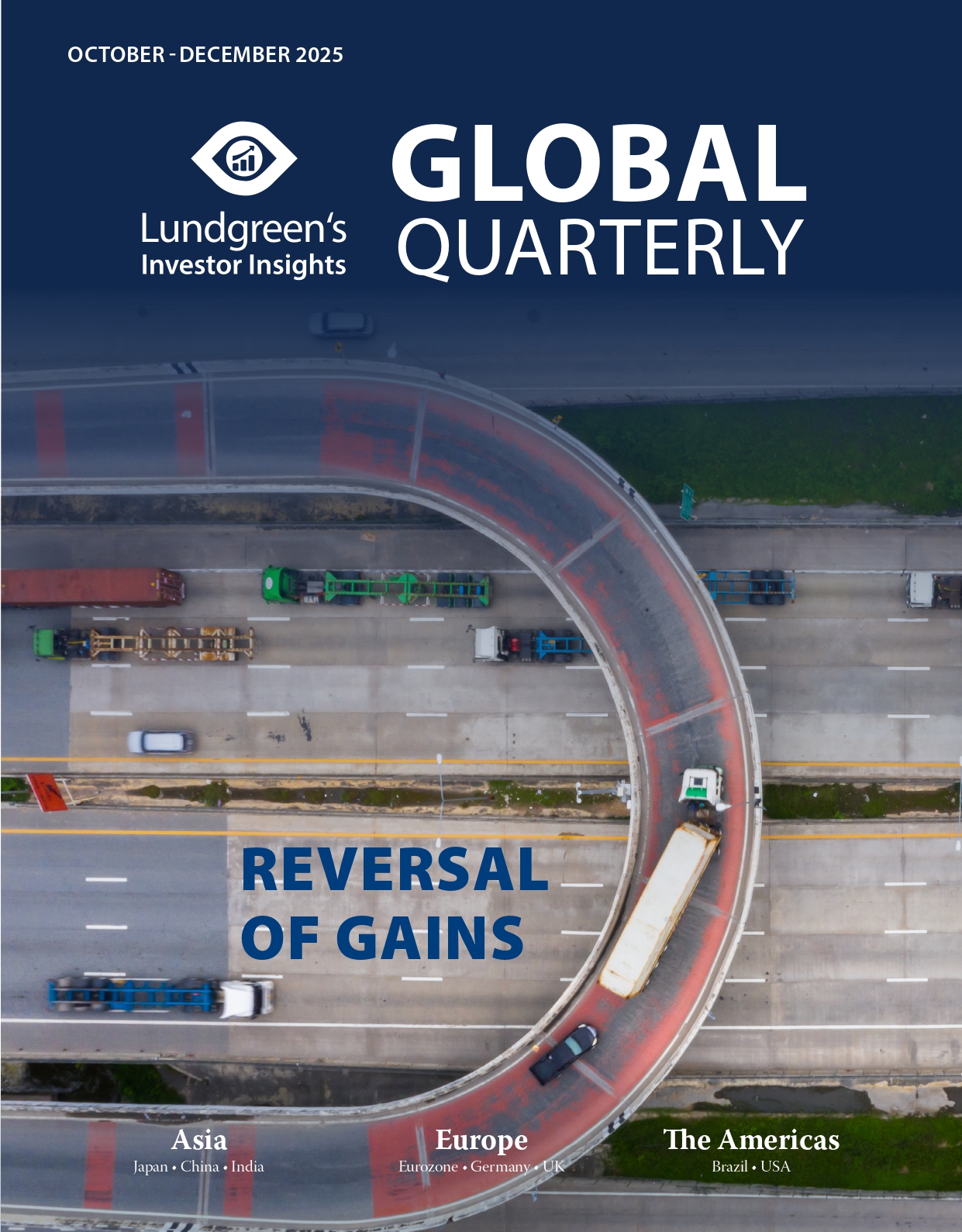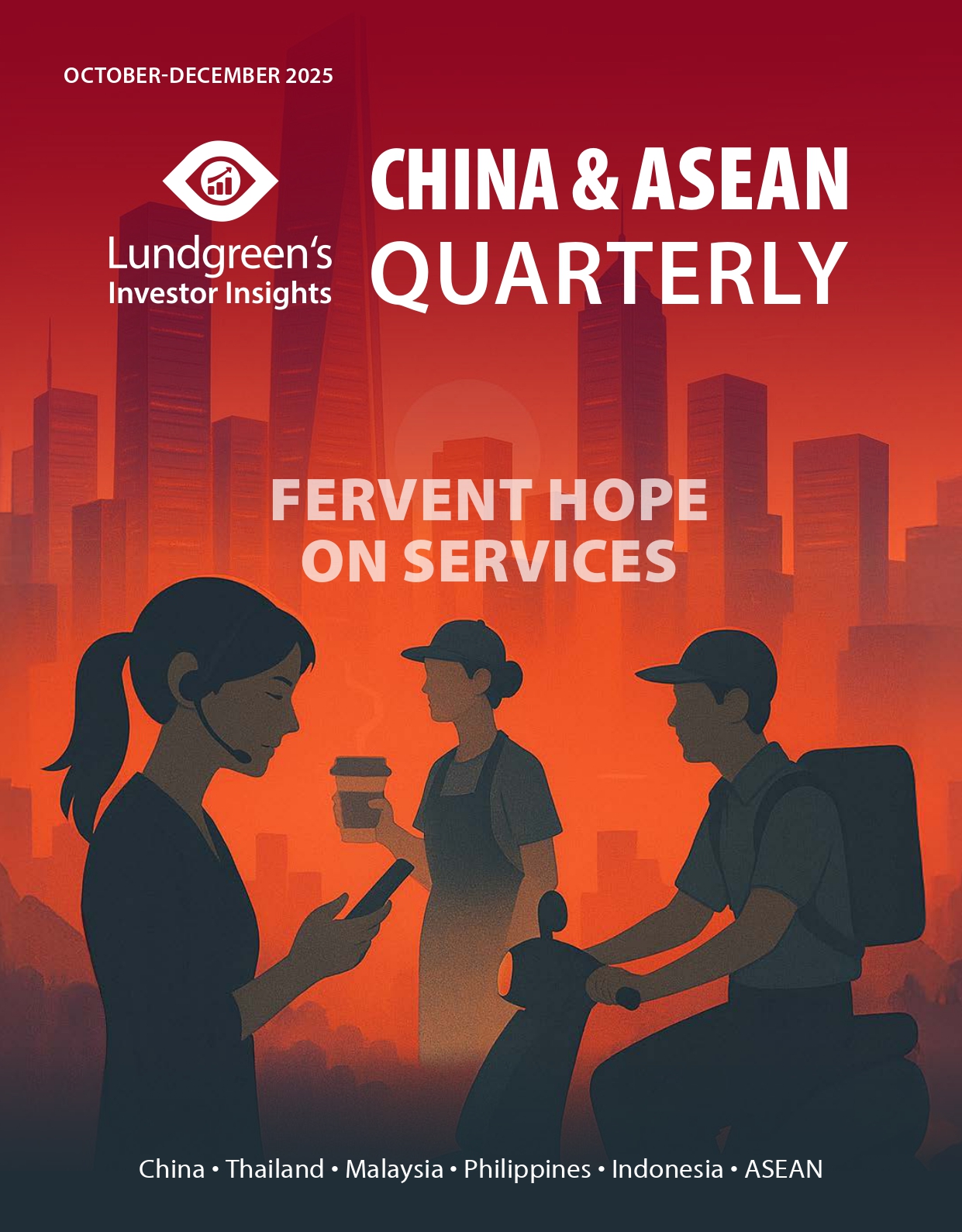Islamic finance in Malaysia is sweetening with maturity
The recently released Belanjawan 2025 carries the plan of Malaysia’s Prime Minister, Anwar Ibrahim, to allocate MYR 100 million (USD 22.22 million) towards Islamic finance to foster greater financial innovation. This indicates a strong dedication from the government to deepen the Islamic finance ecosystem and attract more investors to the industry.
Unlike conventional banking, Islamic banking does not allow for interest to be charged; instead, it allows risk and profit to be shared between the borrower and the bank. Since this also follows Shariah or Islamic law, it also means that Islamic banks forbid speculative transactions, “toxic” significantly risky assets, and gambling.
According to the 2023 report from the Islamic Finance Development Indicator (IFDI), Malaysia is ranked first among 15 IFDI countries with a high score of 103 followed by Saudi Arabia at 70. The huge gap shows Malaysia’s maturity in knowledge and expertise in Islamic finance, making it an interesting market for foreign investors to engage in.
With Ibrahim appointed to chair the ASEAN Coordinating Council this 2025, the region is poised to benefit from Malaysia’s Islamic finance expertise. In September 2024, Malaysia partnered with the United Kingdom to explore opportunities in green investments through Sharia-compliant financing solutions. The Central Bank of Malaysia also foresees green investments to reach approximately MYR 1.3 trillion (USD 290 billion) by 2050, and only Islamic financial instruments can support these.
Honeypot of Islamic finance and banking
One of the main strategic thrusts listed in Malaysia’s Financial Sector Blueprint 2022-2026 is towards “advanced value-based finance through Islamic finance leadership”. Since the introduction of value-based Intermediation (VBI) in 2017, over MYR 94.2 billion (USD 20.9 billion) have been disbursed by Islamic banks, with a significant portion distributed to micro, small, and medium enterprises (MSMEs), as well as for public infrastructure and affordable housing. Interestingly, more than MYR 8.8 billion (USD 1.95 billion) accounting for over 4,500 renewable energy and green projects have been financed through VBI.
Total equity held by Islamic banks and the Islamic banking scheme, which includes investment and merchant banks, have been consistently increasing each month, with November 2024 seeing a record high of MYR 89.28 billion (USD 19.81 billion) as seen in Graph 1. This consistent upward movement also illustrates the growing loan demand from sectors such as MSMEs, infrastructure, and renewable energy.

Apart from Islamic banking playing an important role in supporting Malaysia’s economy, the Islamic capital market also creates long-term investment opportunities. One of the fundraising avenues in Malaysia is Islamic bonds or sukuk, with the maiden issuance in 1990 with MYR 125 million (USD 28.17 million) by Shell MDS. By the end of 2024, the value of outstanding sukuk bonds reached MYR 2.1 trillion (USD 450 billion).
Specific to green investments, Malaysia issued the world’s first green sukuk in 2017 that financed a solar farm in Sabah, which has quickly become a model for sustainable finance within ASEAN. This was followed by subsequent issuances of corporate sukuk to raise a cumulative amount of USD 6.67 billion in the years that followed. Malaysia’s initiatives to develop and promote environmental, social, and governance (ESG) initiatives like the green sukuk appeal to both domestic and foreign investors.
The Islamic capital market already accounts for more than 60 per cent of the total size of Malaysia’s capital market. Graph 2 shows that the total value of the Islamic capital market in Malaysia from January to October 2024 amounted to MYR 25.58 trillion (USD 5.84 trillion).

With the huge potential of the sukuk market, firms may want to be registered as Shariah-compliant companies to participate in this space. Based on the November 2024 statistics from the Shariah Advisory Council of the Securities Commission Malaysia (SACSCM), there are 817 Shariah-compliant securities which make up 79 per cent of the total. While some firms are not Muslim-owned, they have also been classified as Shariah-compliant at the initial public offering stage and comply with SACSCM regulation.
What the future holds
Malaysia’s expertise in Islamic finance has certainly helped the domestic capital markets mature, and the story does not stop there. An example is Malaysian fintech company, Funding Societies, which has been reported to empower over 2,500 MSMEs with financing solutions worth USD 64 million. Currently, the company’s portfolio constitutes 15 per cent of Islamic finance, and they aim to increase that to 50 per cent this year.
The expansion of Islamic finance can also be seen geographically in the Johor-Singapore Special Economic Zone. While Singapore is considered a major global financial centre, Malaysia, especially Kuala Lumpur, is making a name as a thriving hub for Islamic finance. With the creation of a new economic zone paired with Malaysia’s initiatives to expand this sector, we believe Johor can be developed as a new centre for Islamic financing. This also serves as an entry point for foreign investors to gain a sweet spot within this space.
This original article has been produced in-house for Lundgreen’s Investor Insights by on-the-ground contributors of the region. The insight provided is informed with accurate data from reliable sources and has gone through various processes to ensure that the information upholds the integrity and values of the Lundgreen’s brand.







